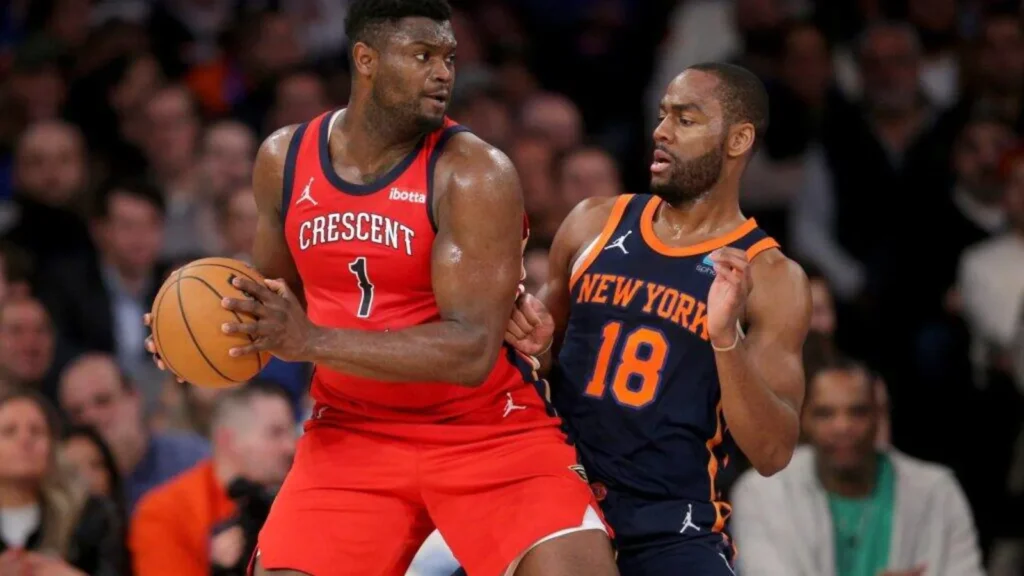Table of Contents
Unveiling the NBA's 65-Game Rule: A Deeper Dive into its Impact Beyond Awards

Introduction
In the ever-evolving landscape of professional basketball, the NBA’s 65-game rule has emerged as a significant focal point, transcending its initial association with the awards race. As the league navigates through its seasons, this regulation continues to be a cornerstone, influencing team strategies and player performances. In this article, we will delve into the intricacies of the NBA’s 65-game rule, exploring its broader implications beyond the awards race and dissecting why it is here to stay.
The Foundation of the 65-Game Rule
The NBA’s 65-game rule stipulates that players must participate in a minimum of 65 games to be eligible for end-of-season awards such as the Most Valuable Player (MVP), Rookie of the Year, and Defensive Player of the Year. Initially conceived as a measure to ensure that award winners were consistently contributing to their teams throughout the season, this regulation has since evolved into a powerful determinant of a player’s overall impact.
Beyond Awards: Team Dynamics and Playoff Preparation
While the 65-game rule is directly tied to individual accolades, its influence on team dynamics is equally profound. Coaches and general managers carefully consider this rule when crafting their rosters and planning for the playoffs. A player’s ability to stay on the court for a significant portion of the season is indicative not only of their individual skill but also their durability and reliability in crucial moments.
Impact on Trades and Team Building
The 65-game rule has introduced a new layer of complexity to the NBA trade landscape. Teams eyeing potential trades must assess not only a player’s skill set but also their injury history and likelihood of meeting the 65-game threshold. This consideration adds a strategic element to trade negotiations, as teams aim to secure players who can make a meaningful impact over the course of the season.
Recent Transactions: Knicks and 76ers Moves
As we approach the NBA trade deadline in 2024, the Knicks and the 76ers have been at the center of attention with significant player movements. The Knicks, aiming to bolster their playoff prospects, acquired a seasoned veteran known for his consistency throughout the season. This move not only addresses immediate needs but aligns with the team’s commitment to the 65-game rule, ensuring stability in their roster.

On the other hand, the 76ers, eyeing a deep playoff run, made strategic moves that not only enhance their starting lineup but also consider the implications of the 65-game rule. By acquiring players with a history of durability, the 76ers are positioning themselves for success in the postseason while adhering to the league’s eligibility criteria for individual awards.
Live Updates and In-Depth Analysis
In the dynamic world of the NBA, live updates during the trade deadline provide fans with a real-time glimpse into the reshaping of teams. Analysts break down each transaction, considering the impact on both individual players and the overall team dynamic. As the clock ticks down to the trade deadline, the anticipation builds, and fans eagerly await the unveiling of strategic moves that will shape the league’s landscape.
Conclusion
The NBA’s 65-game rule, initially perceived as a benchmark for individual awards, has transcended its original purpose, becoming a pivotal factor in team strategies, trades, and overall roster construction. As the Knicks and the 76ers make strategic moves in light of this regulation, it becomes evident that the 65-game rule is not just a static guideline but a dynamic force influencing the very fabric of professional basketball. As we witness the unfolding drama of the trade deadline, one thing is certain – the NBA’s 65-game rule isn’t just about the awards race, and it certainly isn’t going anywhere.